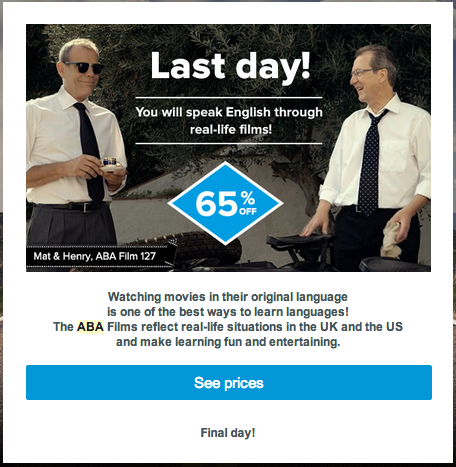 I concluded in my last post that content marketplaces – education and training marketplaces included – should never offer drastic discounts without any regard to the content lifecycle stages. In other words, don’t do discounting the way Udemy or Tareasplus have been doing it.
I concluded in my last post that content marketplaces – education and training marketplaces included – should never offer drastic discounts without any regard to the content lifecycle stages. In other words, don’t do discounting the way Udemy or Tareasplus have been doing it.
I once had a conversation with a founder of a leading CFO training company about allowing a known online delivery platform manage his content. He told me that his value proposition was different from that of the platform in question, and didn’t want his content to be “regularly discounted” as he was worried that would lead to erosion of his core customer base and his entire business.
It is quite difficult to expect a discount on music on Apple iTunes or movies on Netflix or Amazon Instant Video. Apple never discounts anything new directly on iTunes, and the only way to get a discount is via gift cards, which can sometimes be discounted at third-party distributors. Just as luxury retailers have a clearly isolated channel for discounted products, so does Apple.
Netflix may occasionally run discounts on annual or monthly membership payments as part of their user acquisition strategy. However this approach never directly affects the price of programming that the service provides. Because Netflix redistributes revenues to content providers based on views, the brands of film studios are well shielded from any pricing incentives Netflix may provide to the consumers.
Amazon Instant Video content streaming service is bundled under the larger Amazon Prime umbrella – an enhanced high-speed delivery service, which provides fast access to both physical goods via fast shipping and video content via fast streaming. Amazon Instant Video approach is a hybrid between Apple iTunes and Netflix models because in addition to providing bundled content for the price of annual membership, Amazon also sells the hottest movies or TV episodes for a set fee. No discounts.
Apple, Netflix and Amazon Instant Video have chosen simple yet brilliant price-discount decoupling strategies that enhance brands and provide value to both content providers and consumers.
To sum up, these corporations push discounts indirectly, in ways that enhance value of their content.
In online education and training, this same approach has been successfully implemented at least twice: Lynda.com is charging consumers a monthly subscription and so is Infinite Skills, Inc. This approach to pricing together with high quality content created a ton of value and both companies have been recently acquired.




